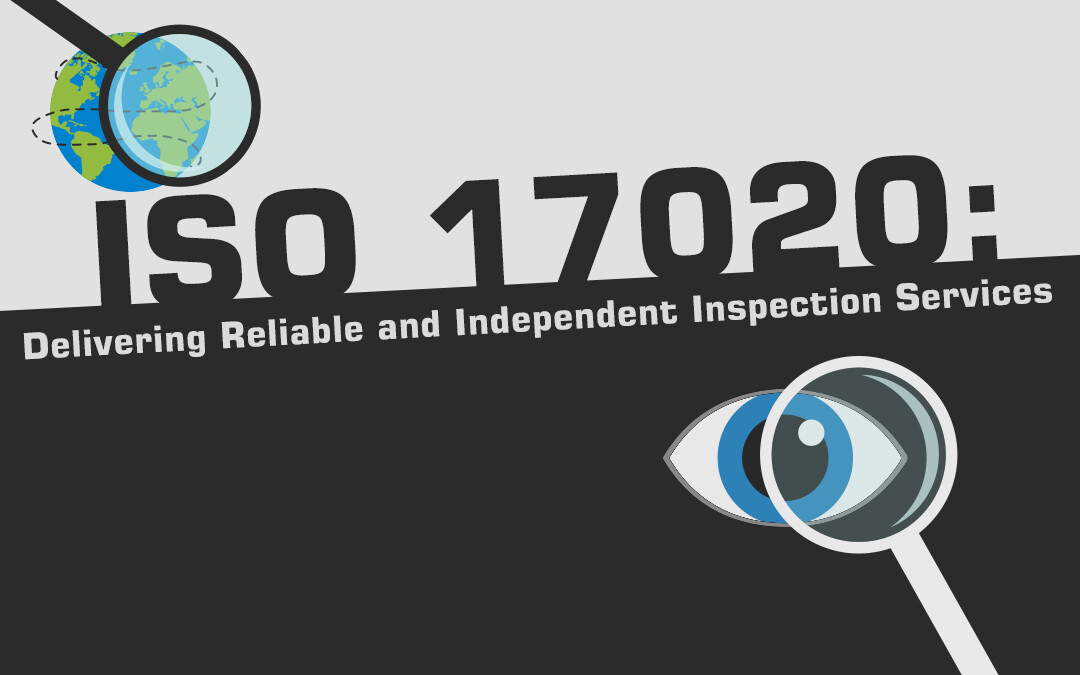We’ve all received goods or services which obviously haven’t been checked before they are provided, or if checked, that check wasn’t good enough to ensure that what was being delivered would meet our requirements.
ISO 17020 is an international standard aimed at correcting this situation. Originally used for ensuring safety critical items were inspected in an honest and independent manner, we are finding the standard’s use is growing internationally and in many different industry sectors.

I first came across this standard in about 2009 when it was specified as a requirement for a company who were responsible for ensuring that pressure vessels had been properly welded.
Loosely based on ISO 9001 it has since been updated, and is about to be updated again, which perhaps shows how use of the standard is being picked up by purchasers who want to ensure the goods and services they are buying are definitely correct. Since that initial introduction we have now seen the standard specified by councils for asbestos surveying, bodies purchasing clothing from the far East, bodies buying grain and commodities, building standards on construction sites, safety checks and repairs on wind turbines, verification of electrical performance and compliance of electrical systems to various nations wiring codes.
Although based on ISO 9001 it has a few specific differences. Making sure that the inspection resources are technically competent, know what they are looking at and what defects could occur is given a very high priority.
Making sure the inspection is independent of any influence is similarly a major concern. A company wishing to gain accreditation against this standard needs to be structured and operated in a manner which avoids any influence by either those submitting the item/service for inspection, those purchasing it, or any other influencer. As someone who has purchased a “certified” car only to find its braking system leaking like a sieve and bodywork repaired with rolled up newspaper, I can see the value in such independence.
At a time when it is not unusual for goods to be shipped half way round the world, the importance of good and reliable inspection should not be underestimated – it’s better to make sure your purchasers are correct before they are shipped than to try and negotiate the costs of return or repair with a distant supplier who you have probably already paid.

Another significant difference from many other ISO standards is that ISO 17020 is an accreditation standard. This means the certification you need is generally issued by an accreditation body, who are inevitably government employee’s rather than being commercial businesses like the bodies issuing ISO 9001 or 14001 certificates. Accreditation bodies can be more difficult to deal with, and being government bodies, you have no real choice in who you use.
But then perhaps this shows that governments are taking the importance of reliable inspection seriously and are not willing to have its independence open to commercial influence or negotiation.
How Can we Help?
If you would like assistance in gaining accreditation against ISO 17020, irrespective of your industry, please contact us now by going here.

